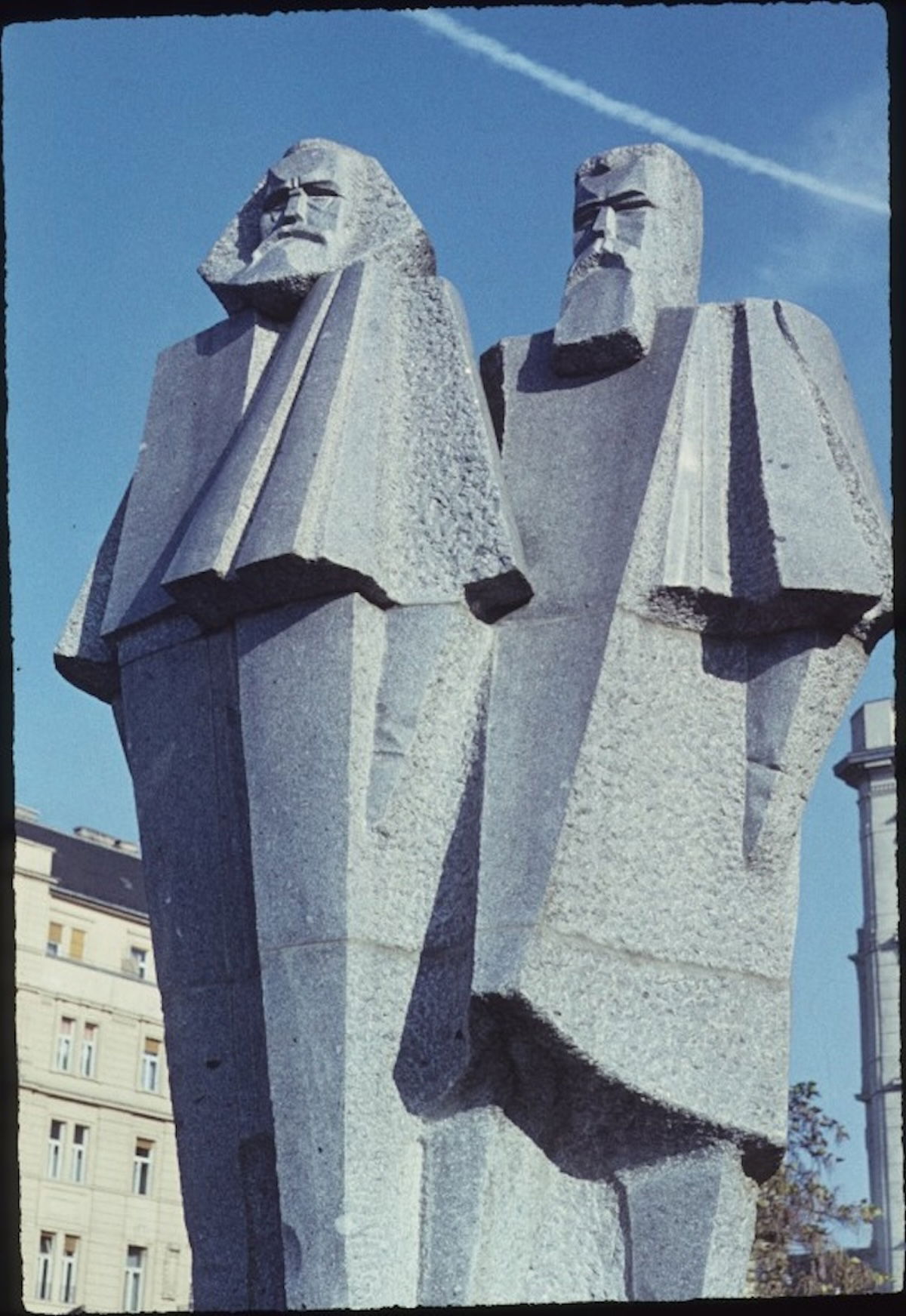No Karl Marx without Friedrich Engels
Friedrich Engels financed the research behind his friend Karl Marx’s epic critique of the free market, Das Kapital. His role is now being recognised.

It is a truth now universally acknowledged that capitalism’s most insightful philosopher is Karl Marx. The one time ideological ogre ‘responsible’ for the killing fields of Cambodia and excesses of the Soviet Union has been lauded as the first thinker to chart the true nature of the free market. ‘Marx’s Stock Resurges on a 150-Year Tip’ was how the New York Times marked the 150th anniversary of the publication of The Communist Manifesto – a text which, more than any other, ‘recognised the unstoppable wealth-creating power of capitalism, predicted it would conquer the world, and warned that this inevitable globalisation of national economies and cultures would have divisive and painful consequences.’ In 2005, the French politician-cum-banker Jacques Attali went further, to pinpoint Marx as the first great theorist of globalisation. Today, in the midst of a once-a-century crisis of capitalism, Das Kapital has raced to the top of the German bestseller lists and even President Sarkozy has been caught leafing through its pages.
